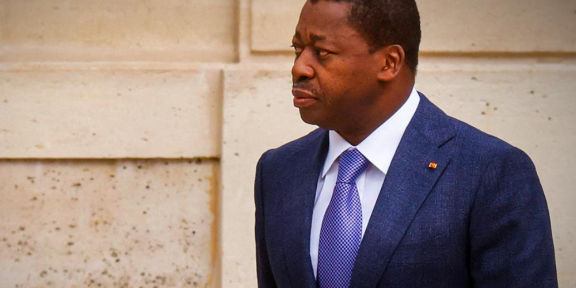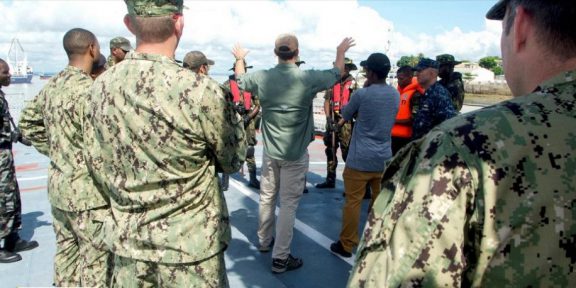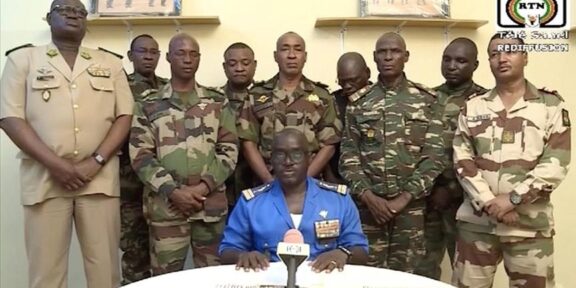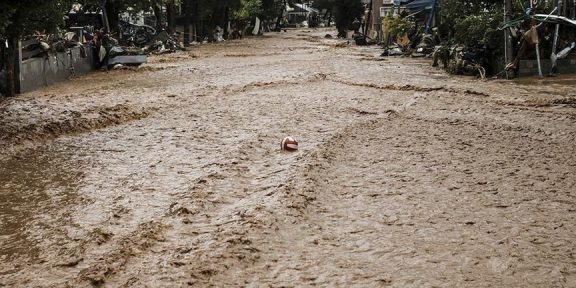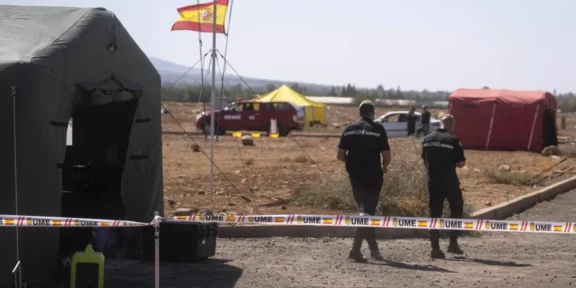France and Côte d’Ivoire are currently discussing the gradual withdrawal of the 43rd Marine Battalion (43e BIMa), based in Port-Boué. This decision, announced by General Pascal Ianni, the commander of French forces in Africa, is intended to strengthen Ivorian sovereignty by handing back control of the base in Abidjan. However, the terms of this agreement raise questions about the reality of the announced withdrawal.
While Paris claims a “withdrawal,” the situation seems more nuanced. France plans to maintain military influence in Côte d’Ivoire by creating training centers for the Ivorian armed forces. According to some experts, this would not solve the problem but rather shift it. They also point out that this seemingly renewed partnership may simply serve to extend France’s influence in the region, despite growing pressure for a total withdrawal.
Moreover, joint military maneuvers between Ivorian and French forces, such as the exercise at Bouaké Air Base in September 2024, demonstrate that cooperation continues under another form. The continuation of these activities suggests that France seeks to redirect its presence rather than reduce it.
This debate on the withdrawal of French troops has been intensified by recent accusations of regional destabilization. Burkina Faso’s transitional president, Captain Ibrahim Traoré, claimed that Côte d’Ivoire, in collaboration with France, is hosting a “command center” aimed at destabilizing his country. This accusation, backed by concrete evidence such as the arrest of an Ivorian non-commissioned officer by Burkina Faso’s defense and security forces, highlights the potentially harmful role of foreign influence in regional tensions.
In July 2024, a video circulated on social media showing an Ivorian soldier captured by Burkinabe forces, who claimed that destabilization plans were underway with the support of the French military. These revelations have fueled criticism of the French military presence, which has already been weakened by forced withdrawals from Mali, Niger, and Burkina Faso.
The promise of the French contingent’s withdrawal from Côte d’Ivoire may ultimately be nothing more than a facade, masking a strategy of modern neocolonialism. Public opinion in Africa is increasingly turning against this foreign military presence. The Ivorian population may, in turn, demand a genuine disengagement, far from vague promises of “realignment” of forces.
Pan-African leaders and advocates of national sovereignty emphasize the need for African states to solve their own security problems without relying on external actors with often unclear intentions. In Côte d’Ivoire, where the security situation is not as critical as in neighboring countries, the French military presence is increasingly seen as a barrier to real independence.
While France announces a gradual withdrawal of its troops, it seems to be maintaining a military foothold in Côte d’Ivoire in the form of training centers and joint maneuvers. This strategy raises questions about Paris’ true objectives, with some accusing it of using Abidjan as a strategic point to influence the Sahel region. The debate is far from over, and it is now up to the Ivorians to decide whether they truly want to break free from this military oversight or continue to accept its terms in new forms.


